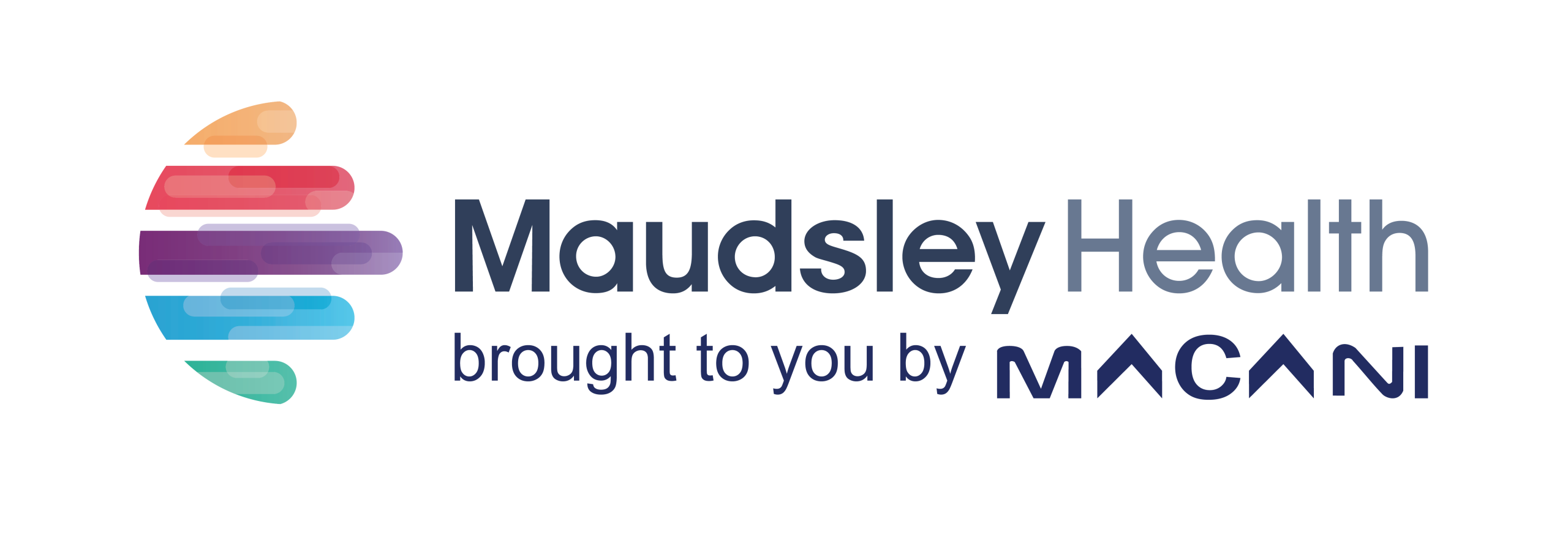Returning to work after having a baby is a significant milestone that brings a range of emotions and challenges. This transition involves adjusting to new routines and responsibilities while managing feelings such as excitement, relief, guilt, and anxiety. It’s essential to recognize that these emotions are normal and valid for any working mother.
The Emotional Journey
Deciding to return to work after childbirth is deeply personal and can draw out a complex mix of emotions. Many new mothers feel guilt about leaving their child in the care of others, even when they know their baby is in good hands. This guilt can be intensified by societal expectations and personal beliefs about motherhood. Additionally, transitioning from being primarily a caregiver to resuming a professional identity can be disorienting, often accompanied by a sense of loss for the time spent exclusively with one’s child. Balancing work responsibilities with the demands of a new baby can lead to increased stress and fatigue, making it crucial to recognize these signs early and seek support when needed.
Practical Strategies for a Smooth Transition
Integrating certain strategies into daily routines can help manage the dual roles of a mother and a professional. Here are some practical tips to aid in a smoother transition:
- Establish a support system:
Partner support: Open communication with a partner about the division of childcare and household responsibilities can alleviate some of the burdens.
Professional help: Seeking help from mental health professionals, such as psychologists or psychiatrists, can be beneficial for those struggling with the emotional aspects of returning to work. Psychiatric clinics can provide the necessary support and resources. - Set realistic expectations:
Work-life balance: Achieving a perfect balance may not always be possible. Aim for a realistic approach that allows flexibility and self-compassion.
Prioritize tasks: Focusing on prioritizing tasks and delegating when necessary, can help manage the chaos that sometimes accompanies this transition. - Self-care practices:
Physical health: Ensuring physical health by eating nutritious meals, staying hydrated, and integrating some form of exercise into the routine can make a significant difference.
Mental well-being: Practicing mindfulness or meditation to manage stress, even for a few minutes, can positively impact mental health. Regularly reflecting on experiences and emotions can help stay attuned to mental health needs. Journaling or talking with a trusted friend can help this process. - Stay connected:
Workplace relationships: Engaging with colleagues and supervisors about the transition back to work can help build a supportive work environment.
Parental networks: Connecting with other working mothers who can share their experiences and offer support can be incredibly reassuring, emphasizing that no one is alone in navigating these challenges.
Finding Fulfillment in Both Roles
Balancing a career and motherhood is undoubtedly challenging, but it is also deeply rewarding. Seeking fulfillment in both roles and embracing the complexities that come with this dual identity is important.
Returning to work after childbirth is a complex journey that involves navigating various emotions, practical challenges, and cultural considerations. By acknowledging the mental health aspects, establishing a robust support system, and integrating self-care practices, working mothers can find a balance between their professional and personal lives. Embracing the roles of both caregivers and professionals, supporting one another, and celebrating the resilience and dedication that define working mothers is crucial.
Accessing the unique mental health resources and community support available in the UAE, can make this transition smoother and more enriching. Maudsley Health in Abu Dhabi takes pride in being able to support mothers and families through assessments and therapy. Remember, it is a journey of growth and self-discovery, and seeking help from mental health professionals is a sign of strength, not weakness.
Contact Maudsley Health for more related enquires.



